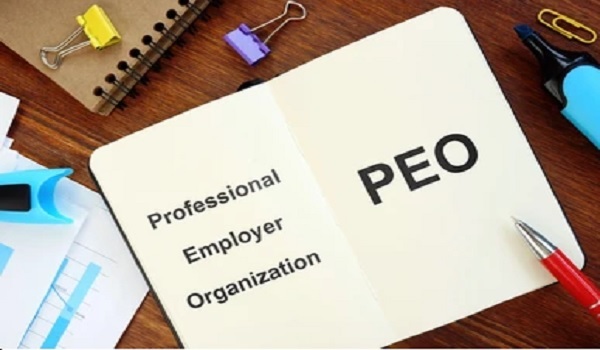In today’s rapidly evolving business landscape, companies face numerous challenges when it comes to managing human resources, compliance, and administrative tasks. This is where Professional Employer Organizations (PEOs) come into play. PEOs provide comprehensive HR solutions to businesses, enabling them to outsource key employment responsibilities and focus on their core operations. In this article, we will explore the concept of PEOs, their benefits, and how they are applied in practice.
Concept of PEO INS Global
The concept of a PEO involves a strategic partnership between a company and an external organization that specializes in HR services. Through this partnership, the PEO assumes responsibility for a wide range of HR functions, including payroll processing, employee benefits administration, compliance with employment laws and regulations, risk management, and HR-related paperwork. The company, in turn, retains control over the day-to-day operations, direction, and management of its employees.
Perks of INS Global Consulting PEO
One of the primary benefits of engaging a PEO is the ability to access expertise and resources that may not be available in-house. PEOs are staffed with HR professionals who possess extensive knowledge and experience in various aspects of HR management. They stay up to date with changing employment laws and regulations, ensuring that the company remains compliant in all HR-related matters. This expertise can be particularly valuable for small and medium-sized enterprises (SMEs) that may not have the resources to maintain a dedicated HR department.
Cost savings is another significant advantage offered by PEOs. By outsourcing HR functions to a PEO, companies can reduce overhead costs associated with hiring and maintaining an in-house HR team. PEOs typically operate on a shared or co-employment model, allowing them to leverage economies of scale when it comes to purchasing employee benefits, insurance coverage, and other HR-related services. This enables companies to access competitive rates and offer comprehensive benefits packages to their employees while managing costs effectively.
Additionally, PEOs can streamline administrative processes and enhance operational efficiency. They handle time-consuming tasks such as payroll processing, tax filings, and benefits administration, freeing up valuable time for the company’s management and employees to focus on core business activities. PEOs also provide advanced HR technologies and systems that automate HR processes, improve data accuracy, and provide real-time reporting and analytics, enabling companies to make informed business decisions.
Risk management is another critical aspect addressed by PEOs. They assist companies in mitigating risks associated with HR compliance, employee relations, and workplace safety. PEOs ensure that companies adhere to employment laws, maintain proper employee records, and implement best practices in HR management. By helping companies stay compliant, PEOs reduce the risk of costly legal disputes, penalties, and reputational damage.
Application of Global PEO
The application of PEO services begins with a company entering into a contractual agreement with a PEO provider. The terms of the agreement outline the scope of HR services to be provided, including payroll processing, benefits administration, compliance management, and other customized services. The company continues to manage its employees’ day-to-day work and retains control over strategic decision-making, while the PEO assumes responsibility for the agreed-upon HR functions.
Throughout the partnership, the PEO works closely with the company, maintaining regular communication and providing ongoing support. The PEO handles payroll processing, ensuring accurate and timely payments to employees while deducting taxes and other withholdings as required. They also administer employee benefits programs, including health insurance, retirement plans, and other perks, relieving the company of the administrative burden.
Furthermore, PEOs assist with HR compliance, keeping up with ever-changing employment laws and regulations. They help companies develop and implement HR policies, maintain employment records, and provide guidance on HR-related matters. PEOs may also offer additional services such as employee training and development, performance management, and employee relations support.
It is important to note that the application of PEO services can vary depending on the specific needs of each company. Some companies engage PEOs on a long-term basis to handle their entire HR function, while others may choose to outsource specific HR tasks or seek temporary assistance during periods of high growth or transition.
In conclusion, Professional Employer Organizations (PEOs) offer companies a wide range of benefits, including access to HR expertise, cost savings, streamlined administrative processes, and risk management. The application of PEO services involves entering into a partnership with a PEO provider and leveraging their capabilities to outsource HR functions. By engaging a PEO, companies can optimize their HR management, improve compliance, and focus on their core business objectives.

